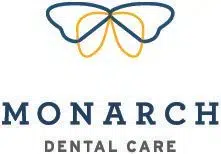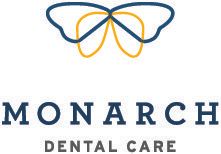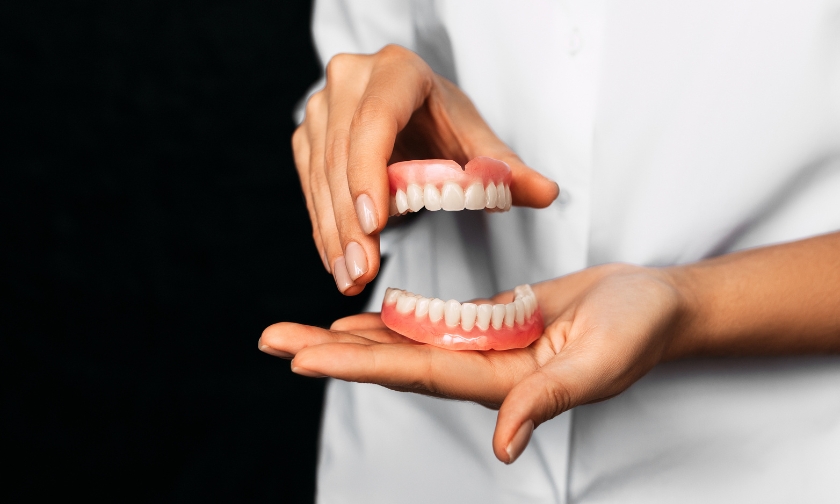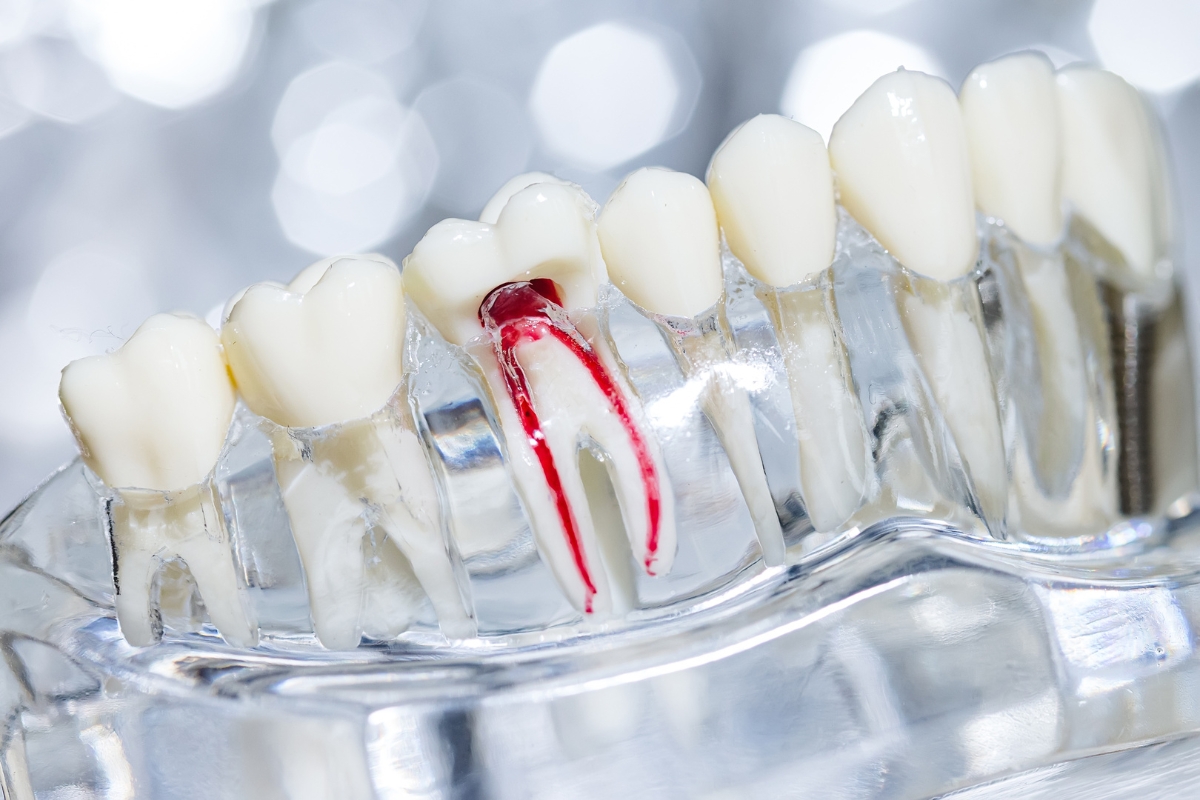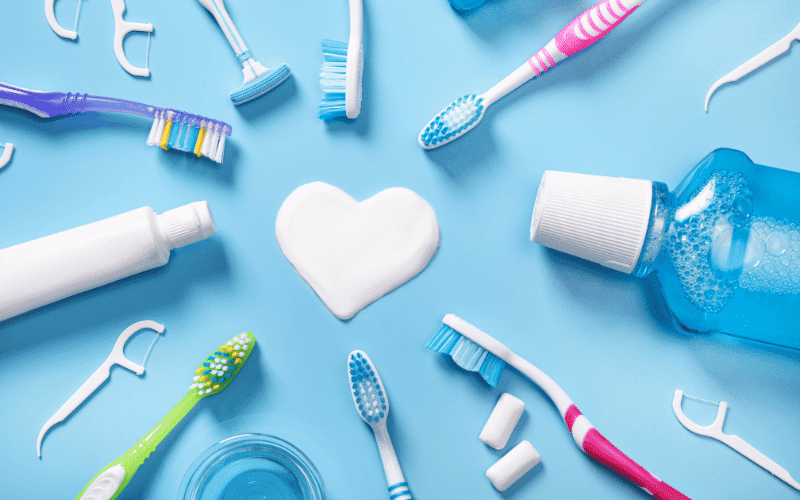
Taking care of your teeth is essential for maintaining a healthy smile and overall well-being. However, even with the best intentions, many people unknowingly make common dental care mistakes that can lead to serious oral health issues. Whether you’re a regular at the dentist or only visit occasionally, understanding these mistakes and how to avoid them is key to preserving your dental health. If you’re seeking guidance, a knowledgeable dentist can help you optimize your oral care routine.
1. Brushing Too Hard
One of the most common dental care mistakes is brushing too hard. Many people believe that vigorous brushing will remove more plaque and debris, but in reality, it can damage your enamel and irritate your gums. Over time, this can lead to gum recession and increased sensitivity. Instead, use a soft-bristled toothbrush and gentle, circular motions to clean your teeth effectively without causing harm.
2. Neglecting to Floss Daily
While brushing is essential, it only cleans about 60% of your teeth’s surfaces. The remaining 40% is between your teeth, where a toothbrush can’t reach. Neglecting to floss daily allows plaque and food particles to accumulate, leading to cavities and gum disease. Make flossing a regular part of your oral care routine to keep your teeth and gums healthy. If you’re unsure about the proper technique, your dentist in Prairie Village can provide guidance.
3. Using the Wrong Toothbrush
Using the wrong toothbrush can impact the effectiveness of your dental care routine. A toothbrush with hard bristles or an improperly sized head can cause discomfort and may not clean your teeth as thoroughly. Opt for a toothbrush with soft bristles and a head that comfortably fits your mouth. Electric toothbrushes are also a great option for those who struggle with manual brushing.
4. Not Replacing Your Toothbrush Regularly
Toothbrushes wear out over time, losing their effectiveness in cleaning your teeth. Failing to replace your toothbrush every three to four months can lead to inadequate cleaning and the buildup of harmful bacteria. If the bristles are frayed, it’s time to get a new toothbrush. Keep in mind that a worn-out toothbrush won’t clean your teeth as effectively, increasing the risk of dental issues.
5. Skipping Dental Checkups
Many people skip dental checkups, thinking that if they brush and floss regularly, they don’t need professional cleanings. However, regular dental checkups are crucial for detecting and preventing potential issues before they become serious. Professional cleanings remove plaque and tartar that home care can’t, and your dentist can spot early signs of decay, gum disease, and other problems.
6. Brushing Right After Eating
It may seem logical to brush your teeth immediately after eating to remove food particles, but this can actually do more harm than good. After eating, your mouth is more acidic, which temporarily softens your enamel. Brushing too soon can wear down this softened enamel, leading to increased sensitivity and erosion. Wait at least 30 minutes after eating before brushing to give your enamel time to re-harden.
7. Using Teeth as Tools
Using your teeth to open packages, bottles, or bite nails is a common but damaging habit. Your teeth are designed for chewing food, not for performing these tasks. Using your teeth as tools can lead to chips, cracks, and even fractures. Always use the proper tools for these tasks, and protect your teeth by avoiding unnecessary stress.
8. Consuming Too Much Sugar and Acidic Foods
A diet high in sugar and acidic foods can wreak havoc on your dental health. Sugar feeds harmful bacteria in your mouth, leading to plaque buildup, cavities, and gum disease. Acidic foods and drinks, such as citrus fruits and sodas, can erode your enamel over time. Limit your intake of these foods and drinks, and be sure to rinse your mouth with water after consuming them to neutralize acids and wash away sugars.
9. Ignoring Gum Health
Gum health is often overlooked, but it’s just as important as caring for your teeth. Gingivitis, the early stage of gum disease, can progress to periodontitis if left untreated, leading to tooth loss and other serious health issues. To maintain healthy gums, brush gently along the gumline, floss daily, and visit your dentist regularly for professional cleanings and checkups.
10. Inconsistent Oral Care Routine
Consistency is key when it comes to maintaining good oral health. An inconsistent oral care routine, such as skipping brushing or flossing, can lead to plaque buildup, cavities, and gum disease. Make a commitment to brushing twice a day and flossing daily. Set reminders if necessary, and establish a routine that works for you to ensure you’re consistently caring for your teeth and gums.
Avoiding these common dental care mistakes can significantly improve your oral health and prevent long-term dental issues. By brushing and flossing correctly, choosing the right tools, and maintaining regular dental checkups with your dentist, you can keep your smile healthy and vibrant for years to come. Remember, good dental habits are the foundation of a healthy mouth and a beautiful smile. Take the time to care for your teeth and gums properly, and don’t hesitate to seek professional advice if you have any concerns about your dental care routine.
